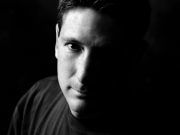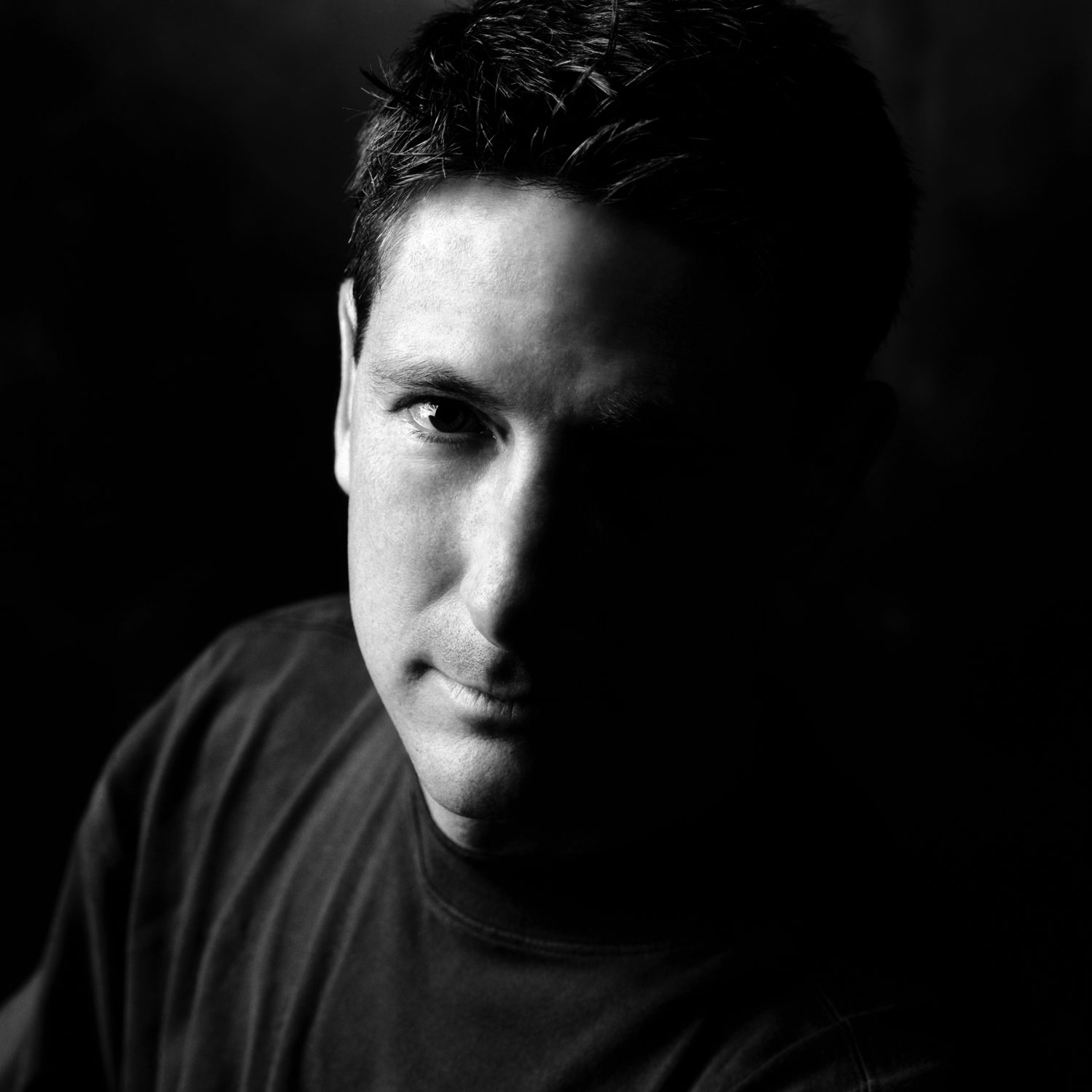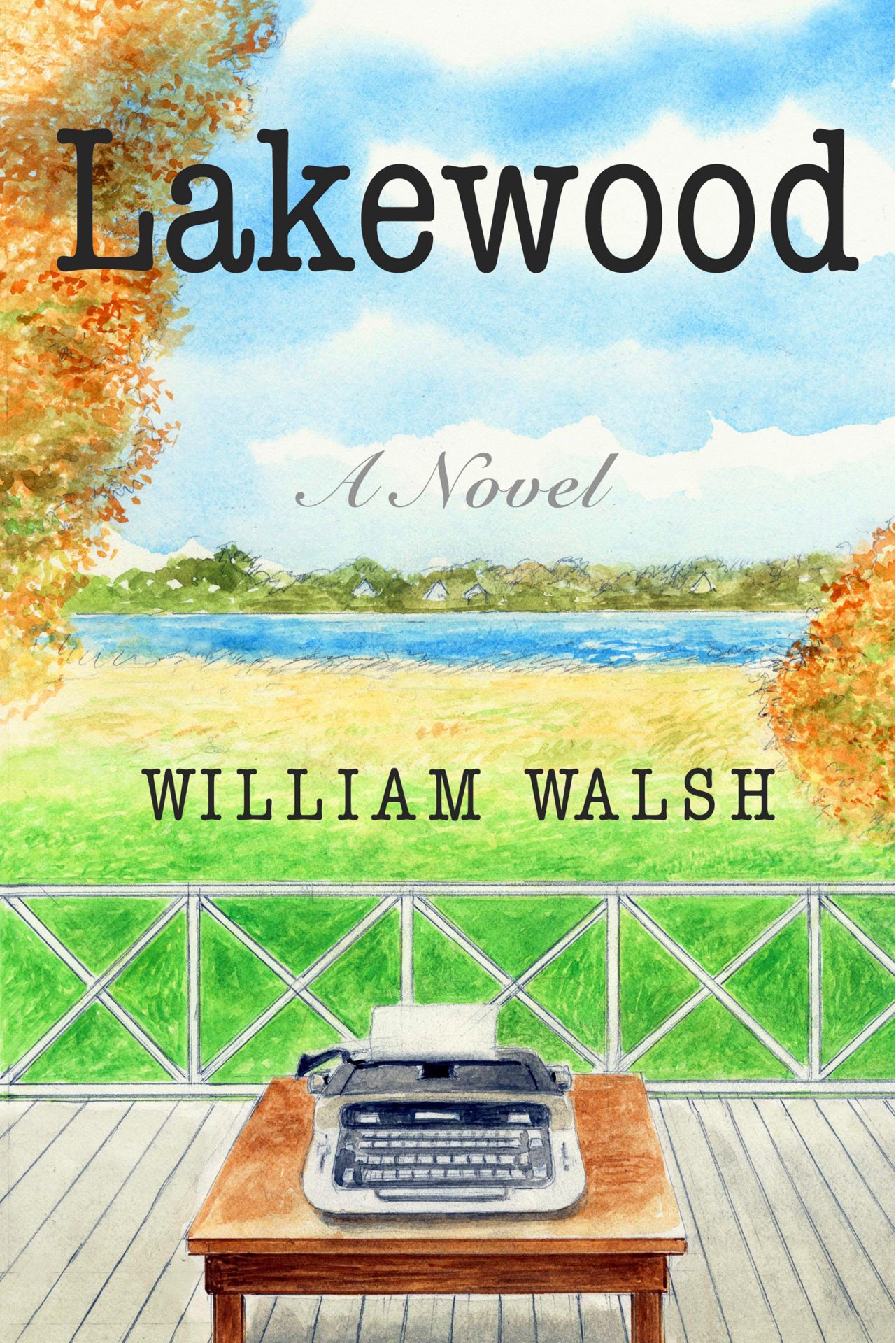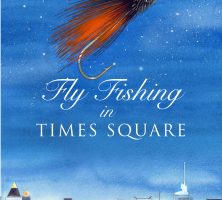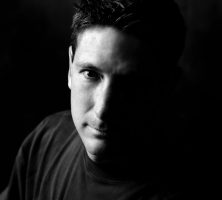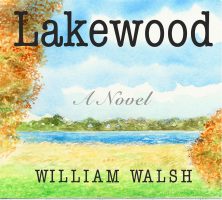William Walsh is a writer, professor, editor, and interviewer of some of the best-known contemporary authors. A novelist and narrative poet, his work is influenced by David Bottoms, James Dickey, Theodore Roethke, and Sharon Olds.
Born on January 12, 1961, in Jamestown, New York, he is the son of William J. Walsh Jr., a salesman, and Elaine Card Walsh, a human resources administrator. Walsh received his A.A. in Liberal Arts from Dekalb College (later Georgia State University, Perimeter College) in 1983, his A.B. in English from Georgia State University in 1985, and his M.F.A. in Creative Writing from Vermont College in Montpelier in 1991.
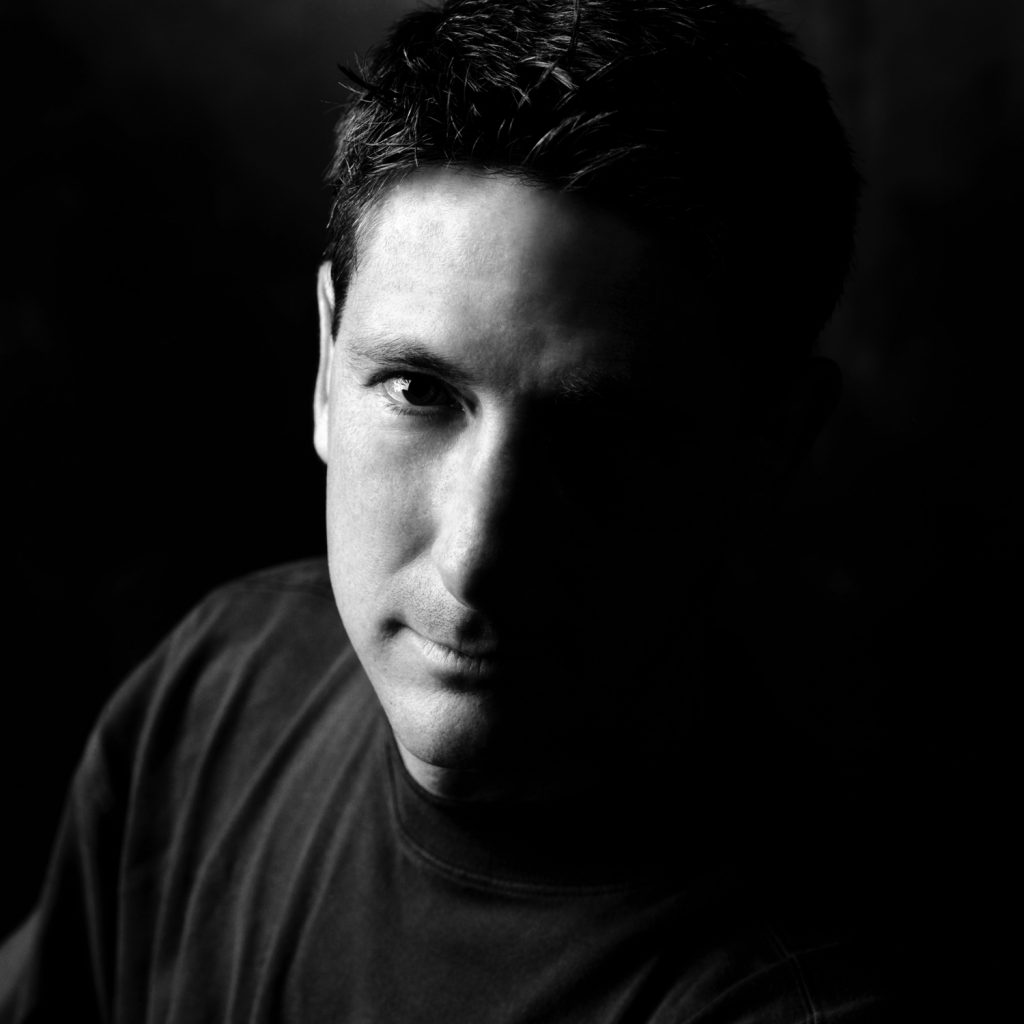
A storyteller in the tradition of David Bottoms, Walsh’s poems are narrative explorations of place, memory, imagination, and regret. His first full-length collection, The Conscience of My Other Being (2005), playfully parses the fractured experiences of American life. Memory and travel are recurring themes in his second book, Lost in the White Ruins (2014), which takes inspiration from a line by James Wright: “I am lost in the beautiful white ruins of America.” In this collection, Walsh examines the what-ifs of childhood and regrets of loss, recollecting childhood friends, fishing trips with his father, and the search “to find what makes us whole.”
Walsh’s fourth book of poetry, Fly Fishing in Times Square (2020), received the 2018 Editor’s Book Prize from Červená Barva Press. Place and memory are again at the forefront of these poems, and in various settings—Times Square, North Georgia, Wyoming, and Montana—the speaker longs to correct the past or make sense of the present. In the title poem, “Fly Fishing in Times Square, 2015,” a tourist visits New York City but is preoccupied with thoughts of the Wyoming countryside. In “Why Otters Hold Hands,” the speaker struggles to accept his adolescent daughter’s growing independence but takes comfort in recalling a documentary they had watched about otters; as the animals sleep, they hold hands “so they won’t drift apart.” Walsh’s poems celebrate such moments of insight, and along his journey he finds them with family and strangers, in settings domestic and natural, and in experiences both mundane and profound.
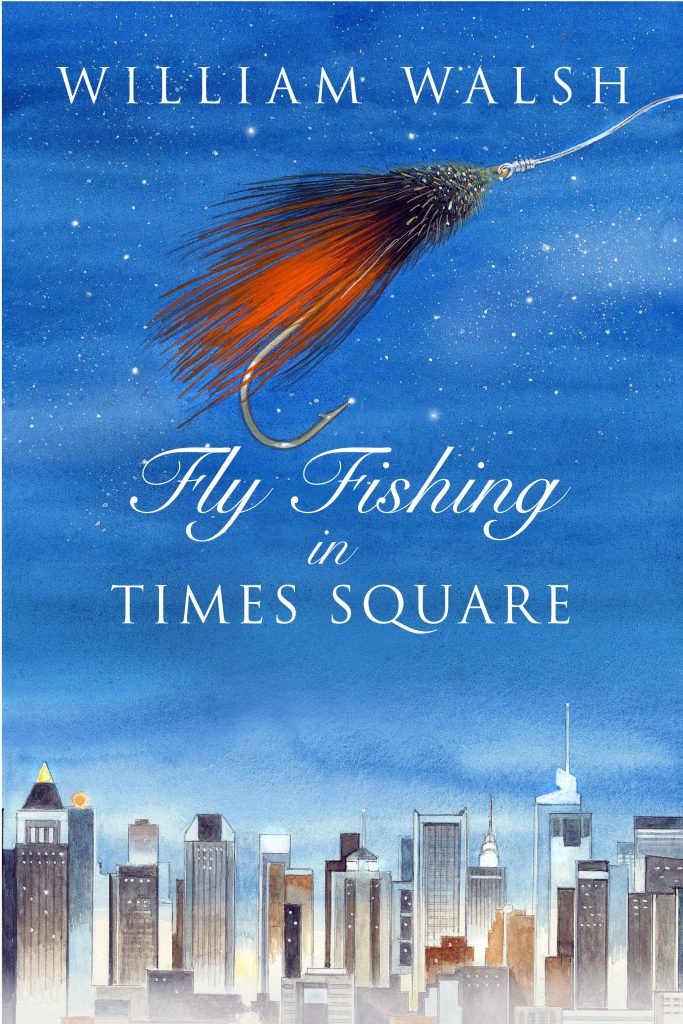
In addition to his poetry, Walsh has interviewed more than one hundred important contemporary authors and published those interviews in over fifty journals, including The Georgia Review. A collection of his interviews, Speak So I Shall Know Thee: Interviews with Southern Writers (1990), was a finalist for the Georgia Author of the Year and includes conversations with thirty-one writers, many of whom are closely associated with the literary life of Georgia: David Bottoms, Pat Conroy, James Dickey, Terry Kay, Ferrol Sams, John Stone, Stuart Woods, Anne Rivers Siddons, and Philip Lee Williams. Other notable interviews have been conducted with Rita Dove, Joseph Brodsky, Harry Crews, Andrew Lytle, Lee Smith, Mary Hood, and Nobel Laureate Czeslaw Milosz. Walsh also edited the collections Under the Rock Umbrella: Contemporary American Poets from 1951-1977 (2006), which won the Georgia Author of the Year Award, and David Bottoms: Critical Essays and Interviews (2010).
Walsh has taught at Georgia Perimeter College and LaGrange College. Since 2016 he has been an assistant professor of English at Reinhardt University and director of the B.F.A. and M.F.A. writing programs for the Etowah Valley Writers Institute. He is also the editor of the James Dickey Review. In 2019 Walsh received the Faculty Artistic Award from Reinhardt University.
Walsh’s first novel, Lakewood, was published in 2022. He lives in Atlanta with his wife and three children.


